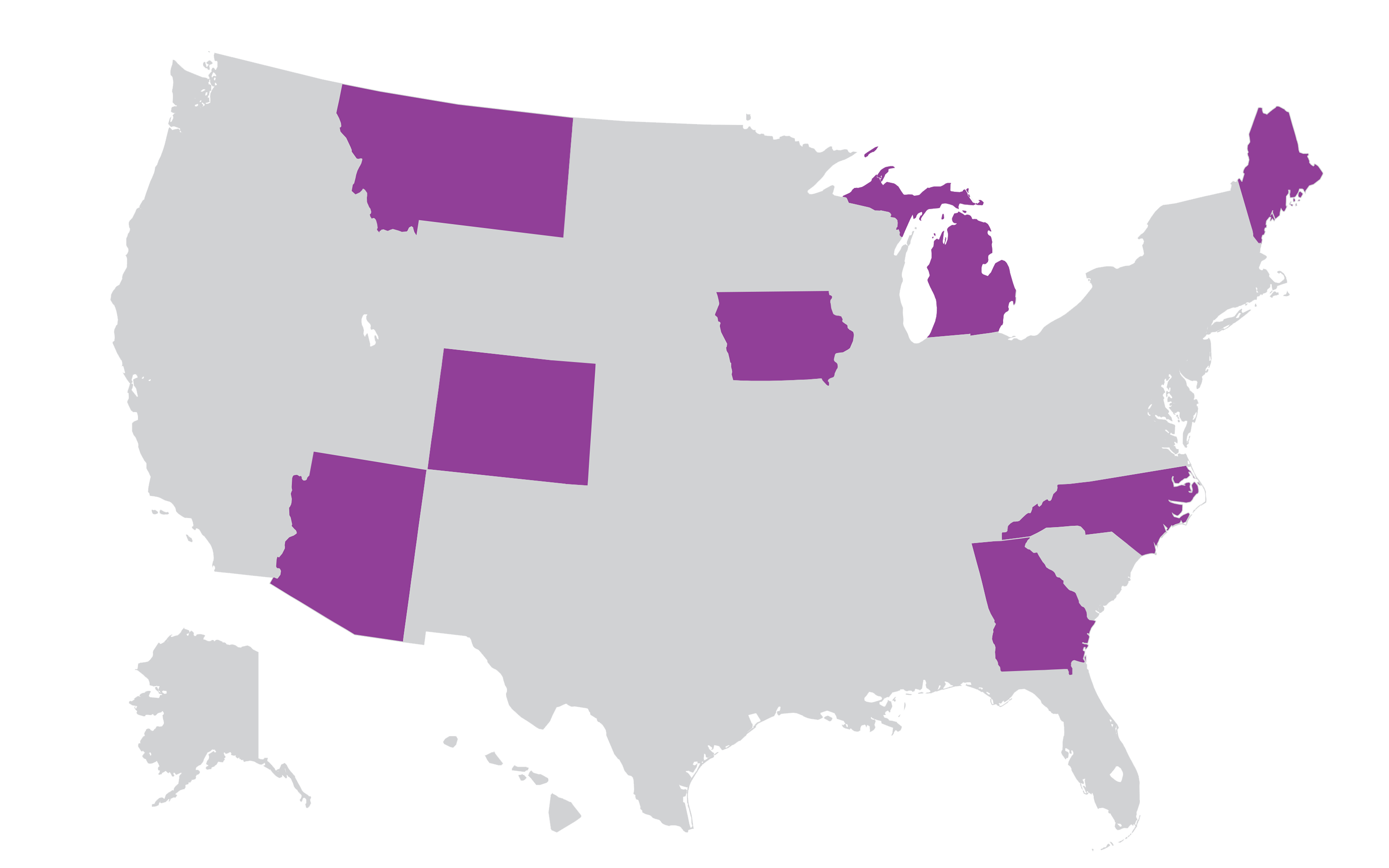Alert 04.03.20
Advocacy Efforts Related to COVID-19: Are You Lobbying?
Is your company or organization complying with lobbying laws implicated by its advocacy efforts in connection with COVID-19 orders, regulatory guidelines and new laws?
Alert
Alert
09.30.20
The 2020 election is likely to have a significant impact on businesses. Recent events demonstrate how elected officials impact our lives and businesses, and a change in our elected leaders is likely to change U.S. policies. This November, there are significant elections at a federal and state level in the U.S., and these races are likely to shape the face of U.S. policies for the next several years. Changes in representation could impact U.S. policies on trade and foreign policy, energy and the environment, financial services regulation, taxes and more. As new elected leaders address new issues, companies must take care that they and their employees are becoming engaged with these leaders while being compliant with all relevant laws and rules.
Many races are close. Most commentators think that the U.S. House will remain in Democratic control. A handful of seats are likely to change hands, but the leadership and overall policy priorities of the U.S. House is not likely to change.
The U.S. Senate is much more in question. There are 35 Senate seats up for election, 12 held by Democrats and 23 held by Republicans. Currently, there are at least eight tight Senate races to watch closely on election night: Arizona, Colorado, Maine, Georgia (Perdue seat), Iowa, Michigan, Montana, and North Carolina. The Democrats also see a potential opportunity in South Carolina. It is possible that the Senate will change hands, and regardless of control, there will be a number of new Senators and likely changes to leadership of key committees.

There may also be changes in the state political landscape. There are 11 races for Governor this year. The close race to watch is in Montana between Greg Gianforte and Mike Cooney. Changes in the state houses will also lead to new policy priorities.
This is an important time to stay current with your political law compliance. Companies must make sure that last-minute giving and efforts to get to know new elected leaders and shape their policy priorities are undertaken with care. Giving to political campaigns, transition or inaugural committees is highly regulated, as are efforts to shape or influence policy. The Pillsbury Political Law Group can help you navigate these efforts, should you need guidance.
Stay tuned for Pillsbury’s 2020 edition of its biennial Election Night Guide, which should hit your inbox on October 30th and help guide you through the election returns on November 3rd.
To sign up to receive alerts click here.